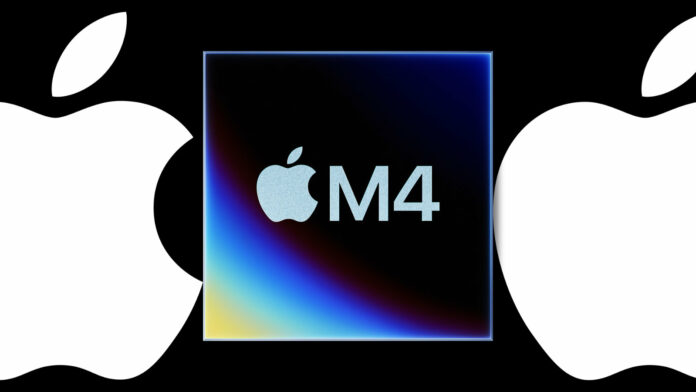The first Apple M4 benchmarks have started to appear, indicating a healthy performance increase over its predecessor. If apps manage to leverage it, the chip could even tempt M3 users to upgrade their fairly new machines.
According to these Geekbench benchmark results, the M4 chip scored 3,767 points in single-core and 14,677 in multi-core. This means that this new generation is 22% faster in single-core and 25% faster in multi-core compared to the M3’s respective 3,087 and 11,702 points. Moreover, since the test was conducted on an iPad, we can expect a bit more performance on devices housing better cooling, which would allow higher clocks.
M4 also brings more AI processing capabilities, a new display engine, and ray tracing acceleration – a first for iPads. Now, we should wait and see how this new silicon stacks up against the growing competition from Qualcomm and its Snapdragon X Elite and X Plus SOCs.
This is especially impressive as M4 chips don’t use a vastly different fabrication node. In fact, its density is fairly close to the M3 series of processors. A 22% performance increase, mainly by optimising the design, is quite commendable. That said, this is still only a single benchmark. Besides, synthetic tests are rarely one-for-one with real-world tasks.
You may wonder if this chip is this good, why did Apple choose to put it against the older M2 instead of its current M3? My guess is that the former offers two benefits. The first is the usual larger gap to claim higher uplifts for those who don’t follow tech. After all, bigger numbers are almost always better. The second is that most potential buyers are likely to come from M2 or M1-powered devices.
All in all, Apple continues its path of improvement despite a slight slowdown in the generational uplift. Even so, we should still get noteworthy evolution for the foreseeable future.

